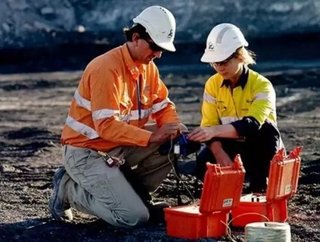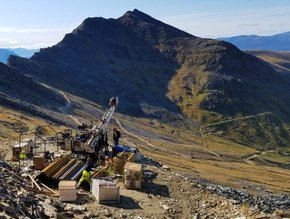Cooperation and Collaboration Equals A Formula for Project Success

Every day employees are asked to identify opportunities for improvement and many valuable projects are added to project reports at mines and plants all over the world. Some affect production; others affect cost, still others shorten timelines of development or administrative activities. The list may include projects such as:
-Drills waiting for water ($400,000 value)
-Shift change hand-off - communications ($600,000 value)
-Warehouse process for maintenance ($250,000 value)
-Permitting delays ($300,000 value)
-PM process – haul trucks ($550,000 value)
-Haul truck tire life ($1,250,000)
-Consistent particle size to the mill ($2,000,000)
-Tailings pump failures ($1,500,000)
Project teams are formed and team meetings commence as projects are kicked off. Data is collected and analyzed to confirm the magnitude of problems and teams report their findings to management. The next step is where the risk of loss is the greatest! When action plans are proposed, momentum can be lost due to a lack of cooperation and collaboration between departments. This can happen even if people are given the time and money to complete them. Sometimes all work stops and projects are reclassified as “inactive” or “incomplete” and put on the back page of a project list spreadsheet that no one sees.
If this is happening at your site or company, it is time to ask two important questions:
-Cooperation and collaboration are “cultural choices” initiated by management. If a project’s value is real and if people and money are not limiting factors, why is it OK for management to “walk away” from dollars that could be captured with different choices?
-Why does management accept the lack of cooperation and collaboration as normal or something that can’t be changed?
The answers to these questions involve two things:
- Culture. Simply stated, culture is “how people work with equipment and each other”. Culture is born from management systems, not the workforce. Culture intersects with projects when multiple departments MUST behave as one team to capture the dollars at stake. Creating and sustaining a collaborative culture depends on a collective “choice” that supersedes management tools and policies that “divide” people. These tools and policies make it really hard to “choose” and sustain a different way to work. In many cases, the choice puts an entire project’s value at risk!
- Beliefs about change. Decades of change management work has ignored, overlooked or underestimated the role of management systems in the change process. The barriers that prevent a collaborative culture from forming act like bottlenecks in project timelines and ROI. Because potential profits are “trapped” by these barriers, understanding project barriers is just as important as understanding bottlenecks in a production value stream. Why? Because once they are understood, they can be removed.
If you manage projects and have made promises about project ROIs or timelines, you need to know how to create a culture that can deliver on those promises. Remember, all projects deaths caused by culture are preventable – all it takes is a new perspective about culture’s contribution and a commitment to a different way to work.
About the author: Kay Sever is an industry leader in performance optimization and change acceleration. She helps companies experience “break-through change” by removing the barriers that hold them back. To assist with this work, Kay created a management training program that changes the way people think about change, their role in change and their beliefs about what is possible to change and achieve. It prepares companies for the optimization process and builds trust and management credibility. See MiningOpportunity.com for details on her services, contact information and products.
- Brightstar, Eldridge and Claure acquire AusencoSupply Chain & Operations
- First Quantum contracts with MECS to cut emissionsSupply Chain & Operations
- Tin production at Andrada Mining reaches record levelsSupply Chain & Operations
- Ternium plans to build US$3.2bn steel plant in MexicoSupply Chain & Operations






